

Retired Judge José Augusto de Araújo Neto opened the event by noting that illegality is the source of all gambling-related problems. He also stressed that the legalization process needs to pay special attention to the punishment of illegal operators and pointed out that the PL in the House is more severe, and that this is ideal.
During his career, José Augusto de Araújo Neto was the prosecuting author of the complaint that in the 80s culminated in the condemnation of several operators of the local popular ‘jogo do bicho’ in Rio de Janeiro.
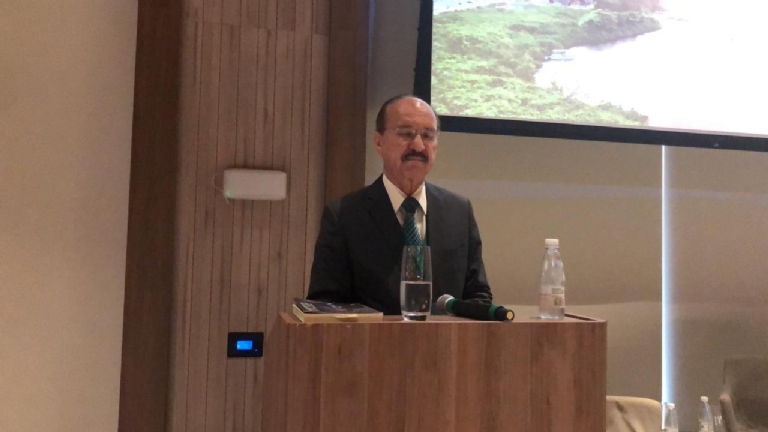
At the sports betting panel led by deputy Evandro Roman, and with the participation of also deputy Danrlei, Carl Brincat of the Malta Gaming Authority and Percy Wilman of Genius Sports, speakers discussed how gambling can be the locomotive for regulating a broader market. It was also stated that regulation is fundamental for issues such as sports integrity and combating match fixing.
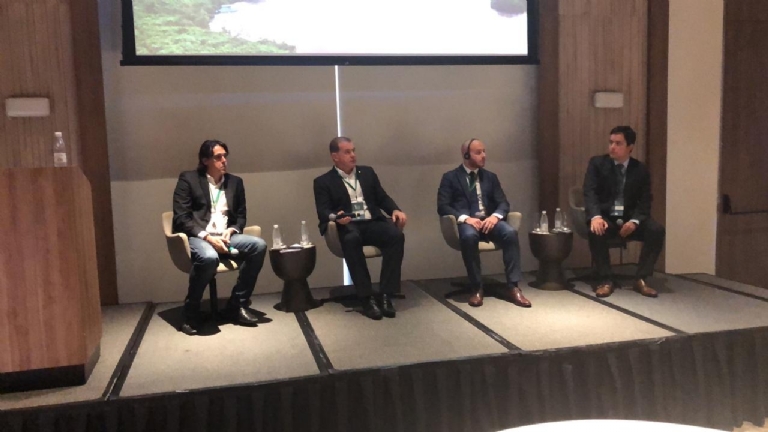
However, during the debate they pointed out that it remains a challenge to gather arguments to overcome the barriers of the religious benches in the congress. Industry and regulated markets have very clear questions that can be easily answered like money laundering prevention and ludopathy.
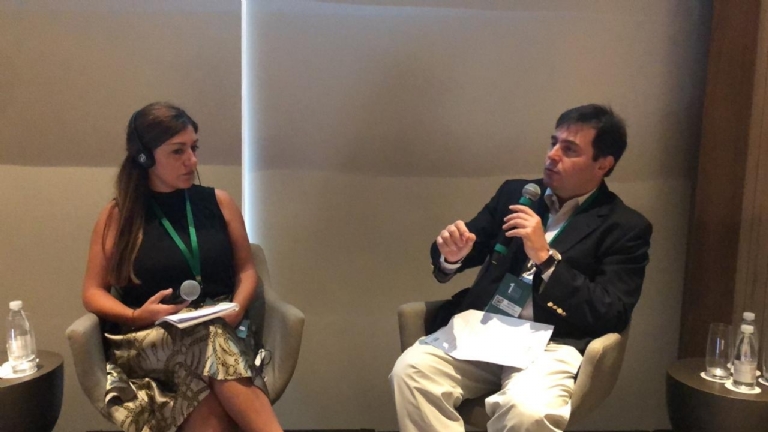
Following the schedule of the first day of the seminar, ABRAJOGO Online president Witoldo Hendrich Junior and Yanica Sant of the Malta Gaming Authority discussed the importance of a provisional licensing process for online gaming. The consensus was that Brazil has already lost a lot of time and money due to the lack of regulation and that after legalization a transition would be fundamental until the country has its own regulation. The idea is for the government to review some of the world's major regulated markets such as Malta, the United Kingdom, Gibraltar and may grant the provisional license to operators that meet these international requirements and already operate in those markets.
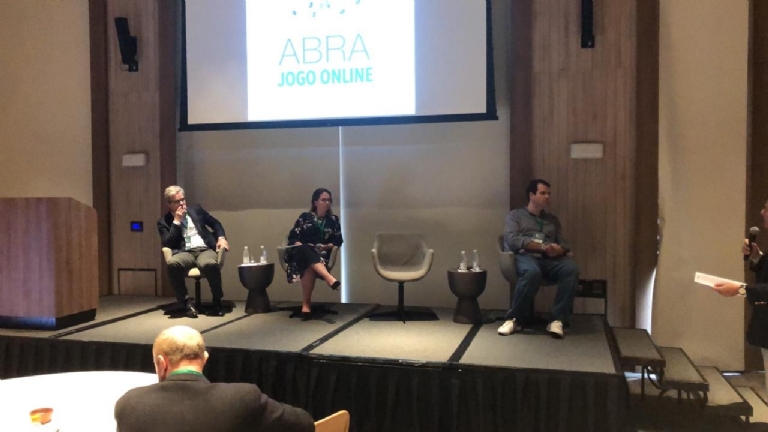
The next panel dealt with the methods of payment and tax evasion and featured Congressman Aureo Ribeiro, representing Mayor Rodrigo Maia, tax lawyer Patrícia Furlanetto and blockchain expert Marcelo Leonardo Cristiano. Participants discussed the need for regulation to take into account all possible taxation of different federative entities and the importance of ensuring the attractiveness of investments. The deputy stressed that the regulation of online gambling is an important channel to increase the crypto economy in the country.
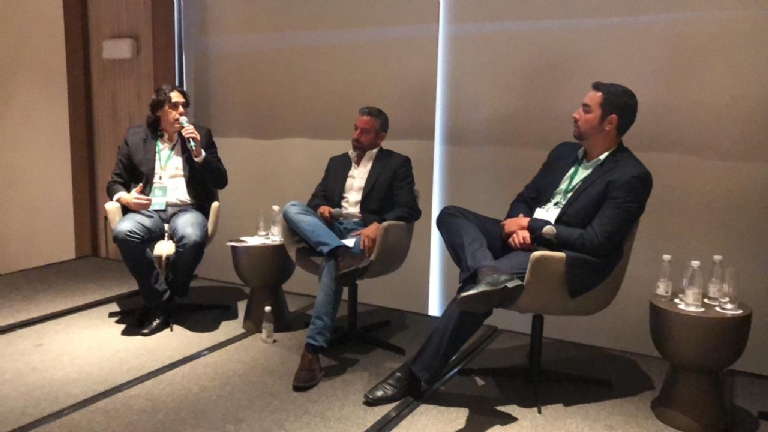
The last panel was coordinated by Deputy Pablo, Vice President of the Parliamentary Front of the Regulatory Framework of Gaming and was attended by Rui Magalhães and Ana Heeren of Estoril Sol Digital. They talked about a possible bill for online gambling. They reiterated that the theme should be contemplated with the approval of PL 442 since law 13.756 only contemplates the sports lottery. The three again argued for the need for a provisional licensing process that, based on international regulations, allowed the immediate granting of licenses and the start of operations and tax collection.
The seminar continued on Saturday and featured topics were poker and other skill games, consumer protection measures and the importance of the Parliamentary Front for the Gaming Legalization.
Opening the program on the second day of the event, CBTH President Igor Federal Trafani and Federal Representative Felicio Laterça discussed about poker, eSports and other skill games. On the occasion, Igor pointed out that after literally winning over 100 lawsuits that prevented or interrupted poker tournaments, he can say that legal certainty to pursue the activity but that for someone to invest in Brazil more is needed. According to him, after much talk both the House PL 442 and the Senate PL 186 contemplate the demand to draw a clear line between gambling and skill and mind games such as poker, chess, eSports among others.
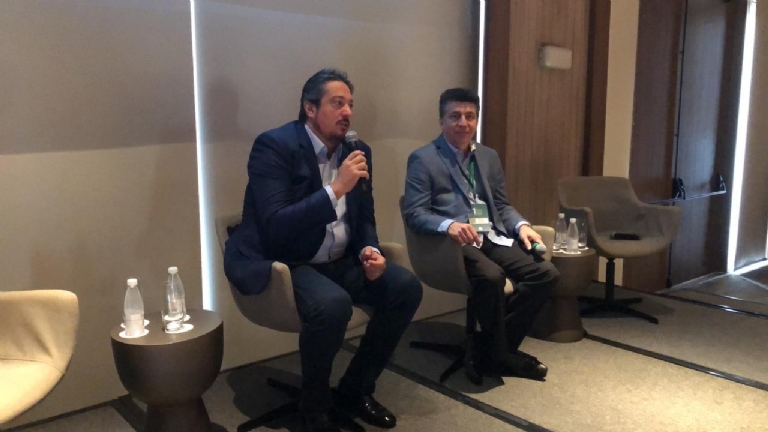
Laterça stressed that Brazil is late to legalize the gaming market and that the issue needs to be dealt with far from religious biases. He added that it is an industry full of control tools either to prevent money laundering or to combat ludopathy.
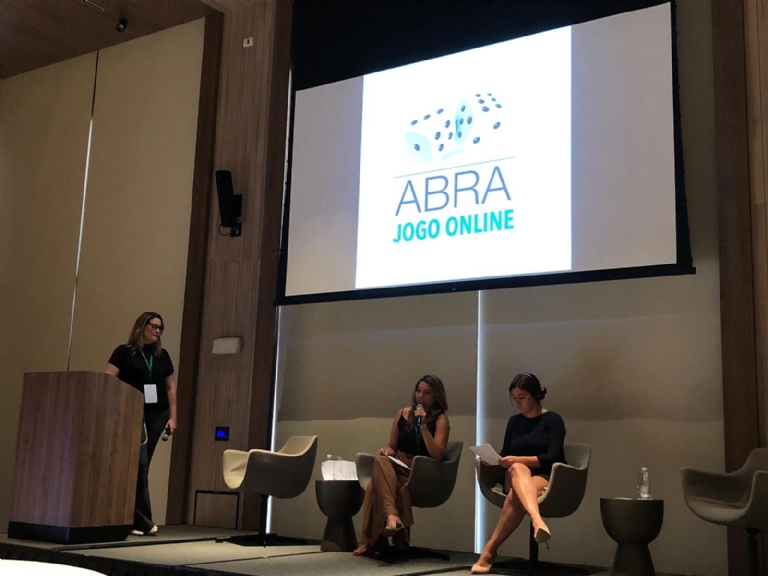
Closing the event's schedule, Luciana Hendrich of Hendrich Digital Content moderated a panel that addressed good practices in responsible gaming, player protection and money laundering prevention. Yanica Sant, of the Malta Gaming Authority, and Ana Heeren of Estoril Sol Digital stressed that consumers need to be at the center of the discussion of legalization and regulation processes. Yanica recalled that as a regulator, MGA has access to the system of all operators and audits operators with frequency ranging from 6 to 24 months depending on the level of market risk the operators run.
Source: Games Magazine Brasil